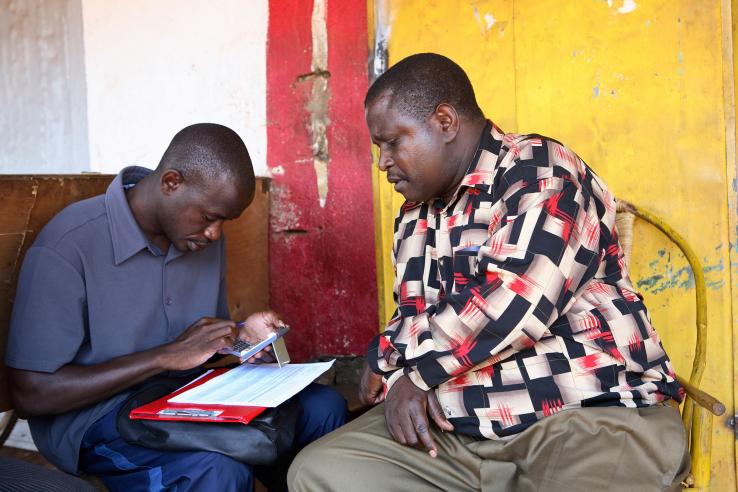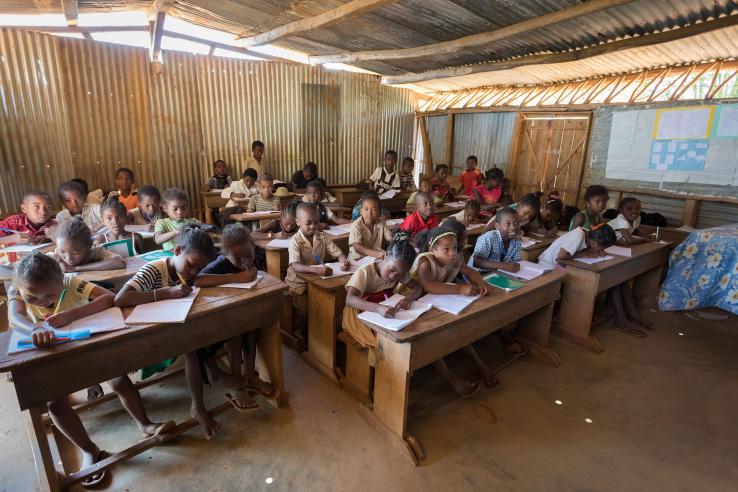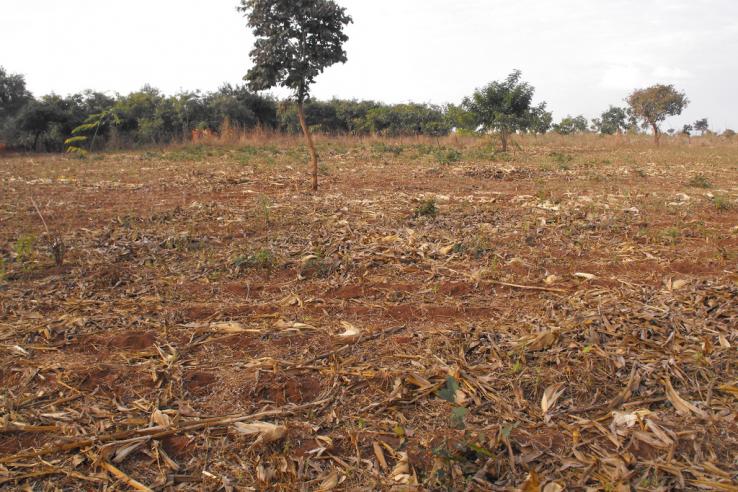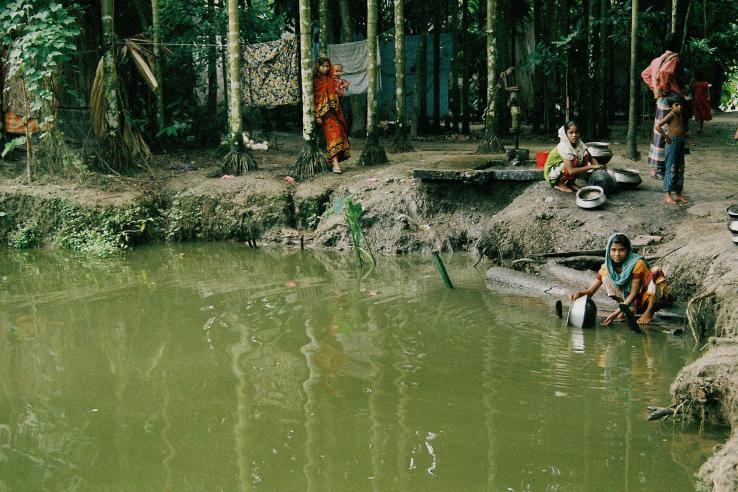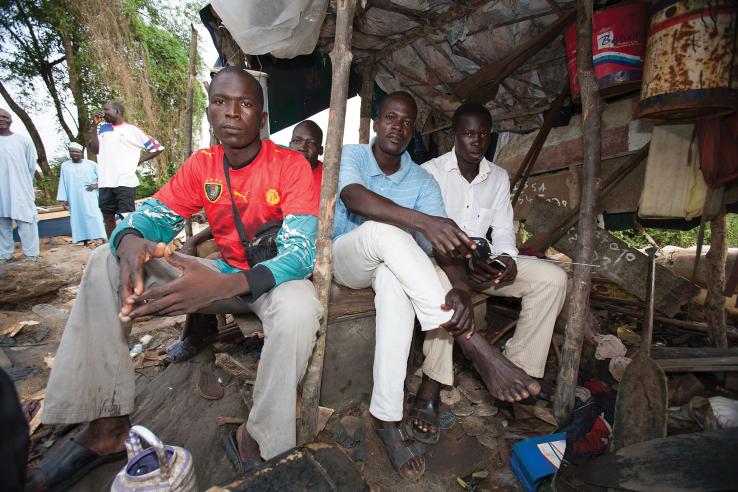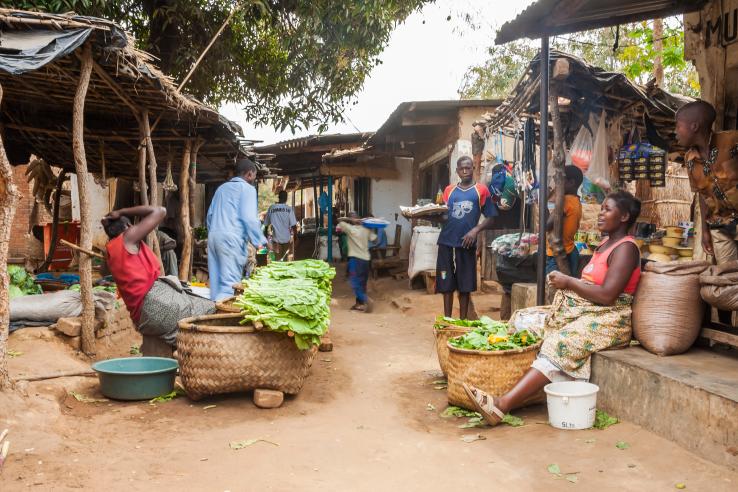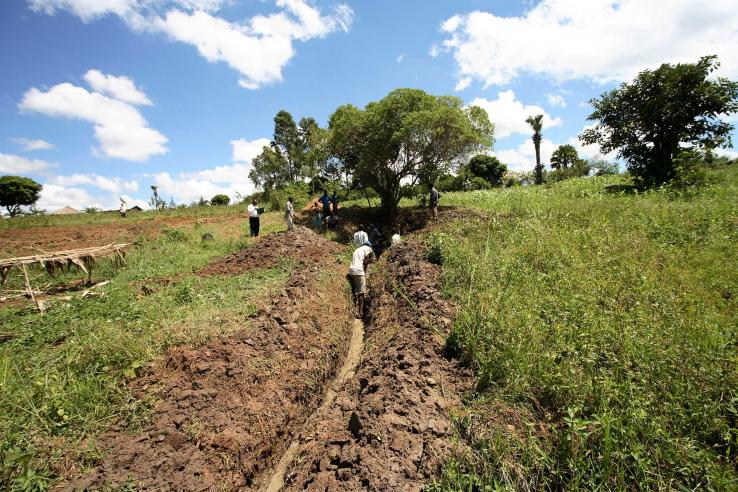The Role of Mobile Banking in Expanding Trade Credit and Business Development in Kenya
Improving Preschool Quality in Colombia
Primary Education Management and Test Scores in Madagascar
The Impact of Different Messaging Strategies on Tax Compliance in Belgium
Improving the Allocation of Land Use Subsidies Through Self-Selection in Malawi
In Malawi, researchers tested the impact of a subsidized tree planting program and tested whether allocating contracts randomly or through self-selection resulted in better program outcomes. Self-targeting outperformed random allocation of contracts in terms of tree survival and mitigated increases in land clearing and labor shortages.
